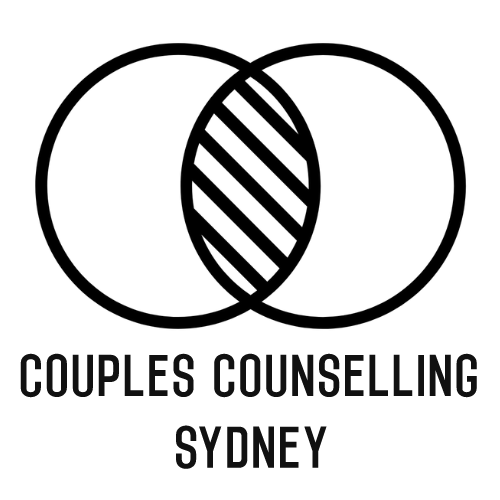FAQs
-
What are your fees for counselling?
My session fees are $240 for couples and $190 for individuals.
As some of my online clients live overseas, it’s worth noting that these fees are in Australian dollars.
Many private health insurers will provide rebates for sessions with me (including AHM, BUPA, Medibank and HCF). I am unable to offer Medicare rebates. Medicare rebates do not apply to couples counselling. Medicare rebates only apply to individual counselling where you are seeing a psychologist or social worker under a Mental Health Care Plan.
-
Do you offer online counselling?
Yes, I offer online sessions via Zoom. Online sessions may work for you if you live in a regional or remote area and don’t have access to suitably-skilled counsellors in your area. Some clients also choose to attend counselling online, even though they live in Sydney, to save the time it would take to travel to and from appointments.
-
What hours are you available for counselling sessions?
Currently, I see clients on Tuesdays and Fridays (during business hours only, as my after hours appointments are booked out).
-
How many counselling sessions will I need to see lasting improvement?
The number of sessions couples need depends on the nature and complexity of the issues. However, as a guide, this can be anywhere from seven sessions to around 30 sessions. The average number of sessions to deal with communication and conflict resolution issues is 14 to 15 but some couples will be able to complete this process in half that time. Where one or other partner has experienced trauma, the concerns to be addressed are more complex and this tends to increase the number of sessions required.
The attachment counselling process for individuals typically takes 12 sessions to cover the basic program. This program addresses key relationship blocks. Individual clients often choose to add extra sessions to the basic program to explore additional issues of importance to them.
-
How frequently will i need to attend counselling sessions?
I recommend couples attend weekly or fortnightly. Attending less regularly than this makes it difficult to build the momentum needed to create lasting change. That said, couples who choose to attend less regularly, due to financial or time constraints, are still likely to see some improvement.
Closely spaced sessions are more important at the beginning of the couple therapy process. They are also helpful if a couple is in crisis, as a containing environment that helps to manage distress. Once therapy is well underway, and some positive changes have already been embedded in the relationship, spacing sessions less frequently is unlikely to create any real disadvantage.
Session frequency for individuals undertaking the attachment counselling process is flexible and can be arranged to suit you. The process involves learning practical strategies to apply in your day-to-day life. Therefore, spacing sessions far enough apart to have time to experiment with these strategies is helpful. This allows for review of how well the strategies are working and adjustment to them, as needed, at the next session.
-
Are you inclusive in the range of clients you see?
Yes, definitely! It’s very important to me to be inclusive of diversity. I welcome clients from from the LGBTQ+ community, people with disability, and clients with Culturally and Linguistically Diverse (CALD) backgrounds. I see both heterosexual and queer couples and have experience working with people in open relationships.
Although I am a straight, cis-gendered woman (pronouns she/her), I am an LGBTQ+ affirming therapist. I have undertaken specific training to ensure I deliver therapy that is supportive of, and helpful to, LGBTQ+ clients.
